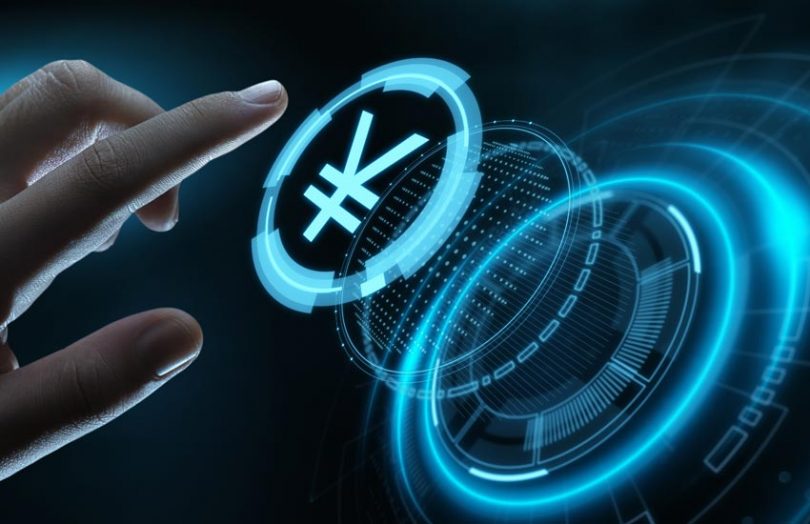It is widely known that China has been working on a digital currency, for the past 6 years mind you. And no, it has little to do with the crypto universe. The digital Yuan is a currency introduced and controlled by the PBoC, China’s central bank, and unlike Bitcoin, it is not using a de-centralised distributed ledger technology such as blockchain for settlement purposes. Transactions will still need to be validated by the country’s commercial banks.
From a user perspective, it is similar to existing commercial payment methods like Alipay and WeChat Pay. Users download digital wallets to store their funds and which generate a QR code that can be scanned by payment terminals in shops. The key differentiator is that the digital Yuan is designed to replace cash in circulation, such as coins and banknotes. The banks have a role in distributing the digital currency and more or less replace the incumbent means of payment.
Test runs for the use of the new instrument have been ongoing. The first pilot was launched in Shenzhen in October, when close to 50,000 randomly selected people received 200 Yuan or around 30 dollars equivalent in digital format each, useable in restaurants and stores. Since then, tests have been moving from cities to cities. In Chengdu, for example, people invited by major banks are allowed to download a wallet app that can freely convert cash into digital Yuan.
In the latest trial in Suzhou, 100,000 people will receive the 200 Yuan each that can also be used on the e-commerce platform of JD.com, which will be the first to accept digital payments. In addition, with every new pilot laid out new functions are being tested. In Suzhou, 1,000 people will participate in sending electronic money from phone to phone even without an internet connection, much like exchanging physical cash. And what do you know…? Huawei is rolling out phones that support such feature.
Not enough with pilots in private consumer behaviour. One of the cities in Hebei Province now lets customs authorities accept security deposits in digital Yuan from importers in a corporate application, of which many will follow suit and number of pilots shortly become explosive, is my take. Also, the PBoC and HKMA, Hong Kong’s central bank, have launched technical trials for the purpose of using the currency for cross-border payments.
In total, the plan is to run pilots in 28 of China’s largest cities and areas. The pace of these tests and the number of functionalities involved will rapidly pick up going into 2021. After all, the government’s objective is to have a fully-fledged domestic launch by the time the Winter Olympics are held in the country in 2022. China is clearly the furthest advanced in adopting a central bank-backed digital currency. No doubt many will follow China’s lead, in a counterweight to cryptos and private initiatives like Libra.
So, what’s the big deal, you might ask…? China is already a mostly cashless society anyway. Many critics have pointed at the implication that China’s policymakers will have much greater visibility into how money moves, as in it helps them track individual and institutional fund flows and any illicit funds changing hands. They bemoan that another piece of privacy will be lost, and surely there is a point to be had. The PBoC will be the all-mighty supervisor of money.
However, there are massive benefits to be drawn from better understanding of how funds flow throughout the economy. Any weaknesses in the system will be more easily detectable, and policy intervention can be executed much more timely and targeted. Also, China has this long-standing objective of internationalising its currency, and the digital Yuan could just become the perfect incubator of sorts. Control is everything for the PBoC, and control they will retain.
The digital currency could, for example, become the natural extension for China’s Yuan swap lines with incremental trading partner countries. Even private transactions outside China could be settled in digital Yuan. And speculators would have a hard time to unsettle the currency’s stability, a major concern for the leadership. The PBoC could immediately impose monetary changes to counter any speculative bubble.
It is certainly a new dawn in China’s economy, and it will help optimise the money system there and drive the country as a whole to ever-higher efficiency levels. To be sure, there will never be a free lunch, and China’s citizens will pay with having more of their privacy curtailed. But as a country and society, it might steer toward China becoming a beacon to the world. Only arrogant fools would dismiss the path the Middle Kingdom is on.
